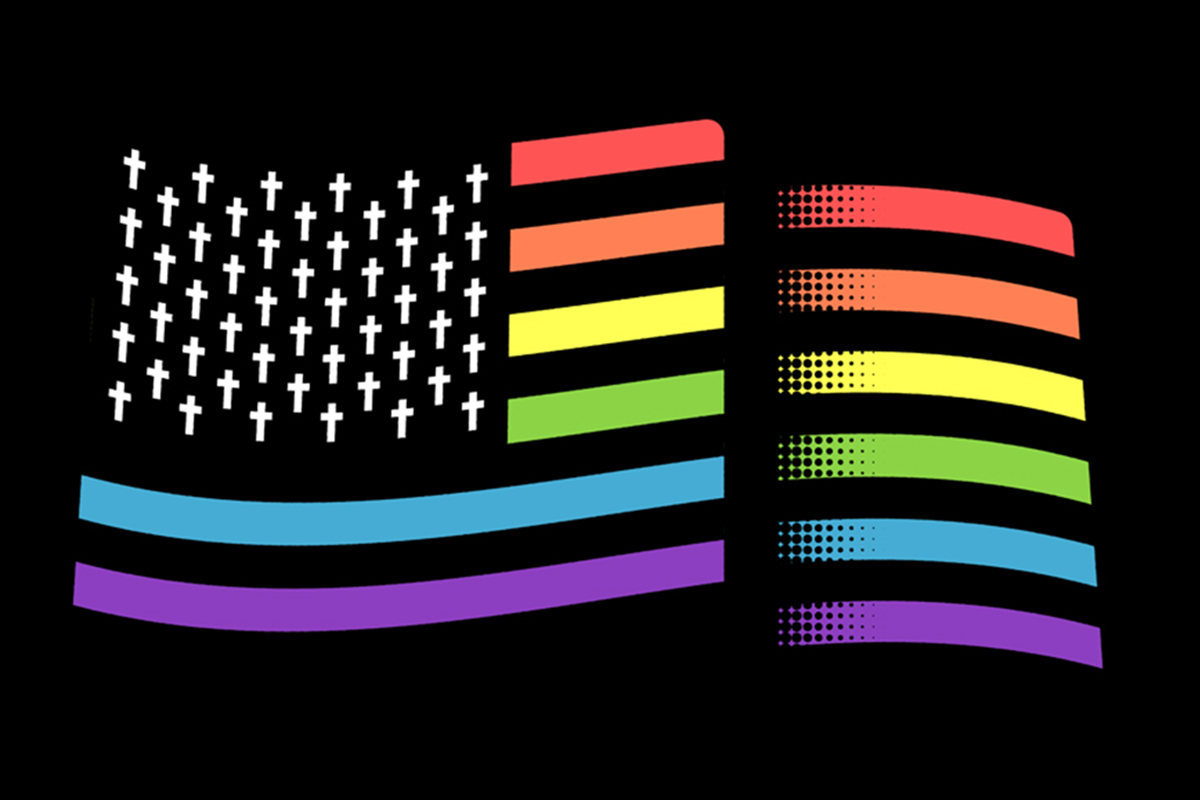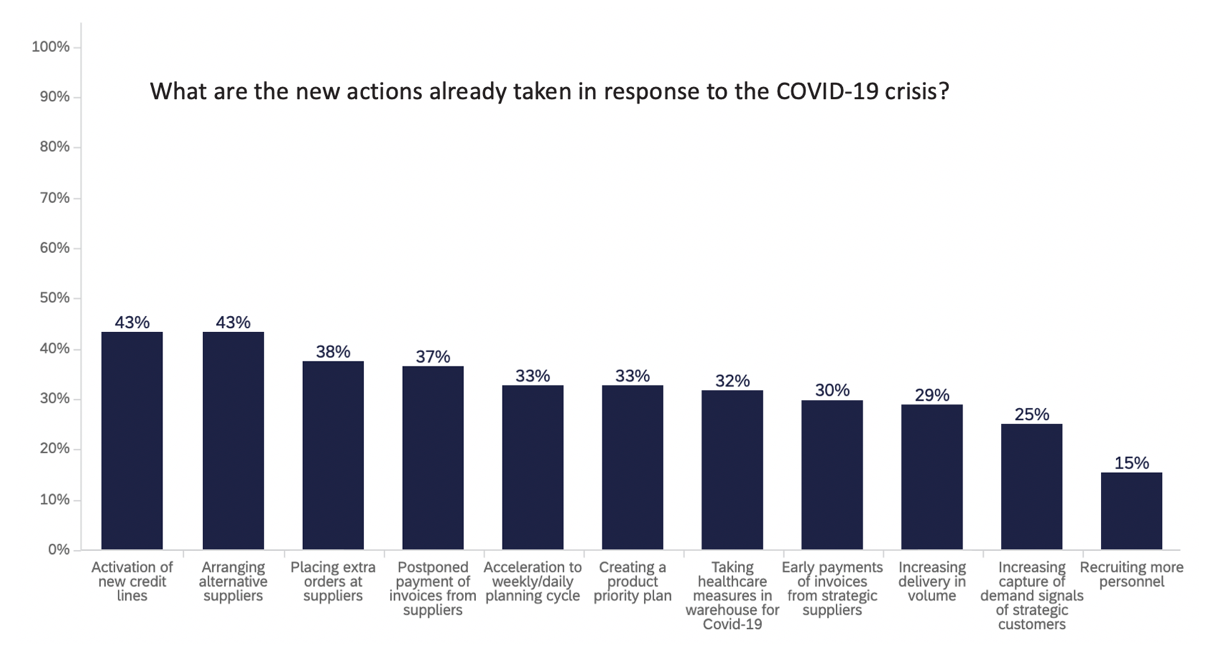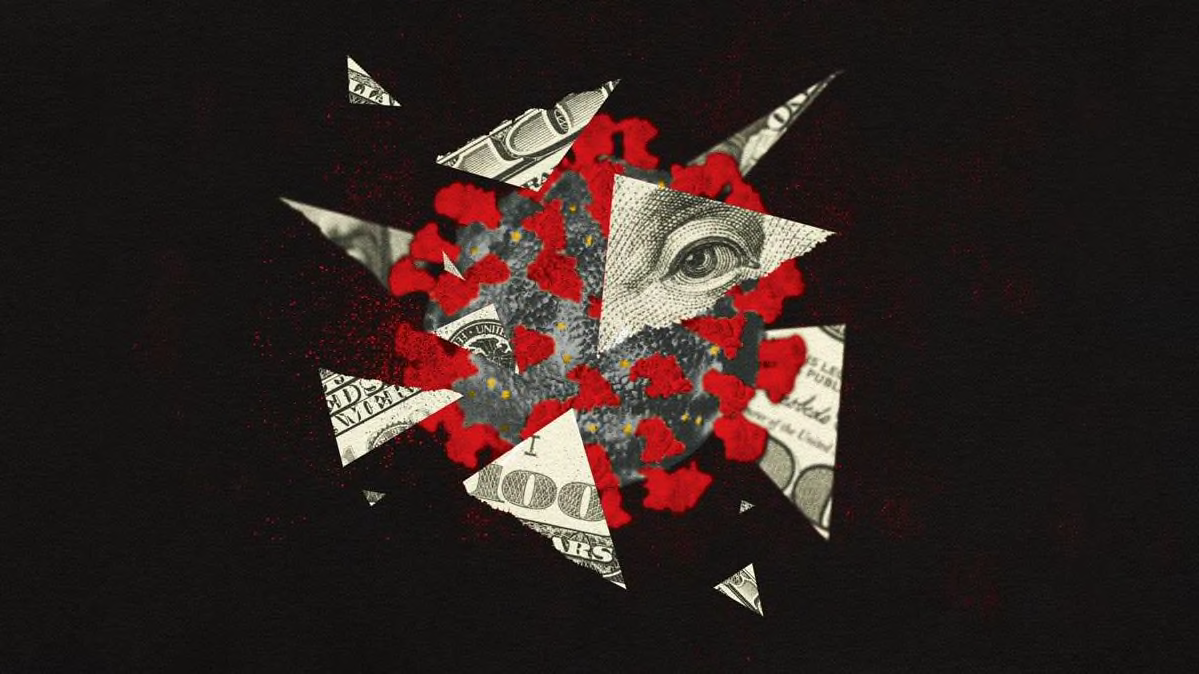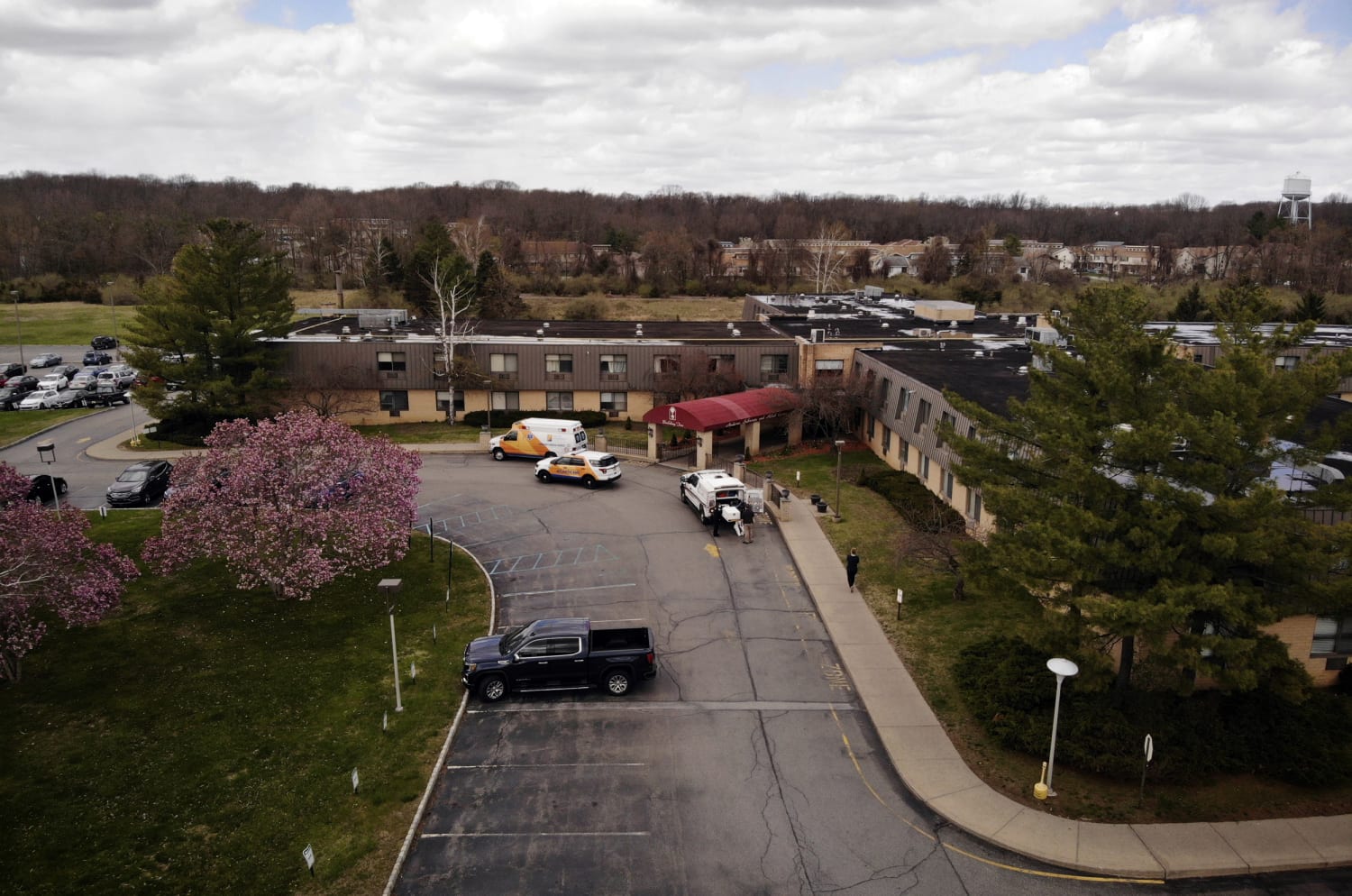Experts have documented that political polarization is intensifying in the United States. However, a Penn State sociologist now suggests that this separation isn’t just more intense, but it is also growing broader, coagulating into an ideological slick of opinions. In the study of data from a national opinion survey, Daniel DellaPosta, assistant professor of sociology...
Author: sp (sp )
Opposition to Sexual- and Gender-Minority Rights Linked to Support for Christian Dominance
Many Christian and political conservatives in the U.S. support legislation to deny sexual and gender minorities the rights most Americans enjoy: unfettered access to jobs, housing, services and public facilities; the opportunity to marry as they choose; and the right to adopt a child. A new study published in the American Journal of Community Psychology offers insight...
How to Handle Fraudulent Reviews on Online Portals? Study Gives Tips to Managers
Consumers who use the Internet to learn about products are increasingly looking at online reviews to make purchasing decisions. The growing interest in online product reviews for legitimate promotion has been accompanied by a rise in fraudulent reviews; these are reviews placed by firms that artificially inflate ratings of their own products, or reviews by...
Place Doesn’t Trump Race as Predictor of Incarceration
For black Americans – particularly men – growing up in better neighborhoods doesn’t diminish the likelihood of going to prison nearly as much as it does for whites or Latinos, new Cornell research shows. “If you’re a black male in America, it doesn’t matter much if you come from a good neighborhood or a bad...
Corporate Messaging in a Time of Turmoil
It can be difficult in times of great turmoil to find the right words. But business leaders and brands can try. And sometimes, when they succeed, it can have a significant impact, says marketing professor Amna Kirmani at the University of Maryland’s Robert H. Smith School of Business. Kirmani, editor-in-chief of the Journal of Consumer Psychology and...
New Study Provides Insights Into How Retailers Have Responded to COVID-19
The study by WMG, University of Warwick and Blue Yonder examines how retailers have responded to the COVID-19 pandemic to ensure their survival The report highlights many points, particularly the need for human intervention as existing processes couldn’t keep up with changes in the markets Going forward future systems will need to be more robust...
One-Third of American Households Face Troubles Paying Bills
One-third of American families have lost income since the beginning of shutdown triggered by the coronavirus pandemic, with such losses striking families from all economic groups, according to a new nationally representative survey by the RAND Corporation. About 30 percent of households, representing all levels of income, are having trouble paying their bills. The problem...
Pinker Flamingos More Aggressive
Bright pink flamingos are more aggressive than paler rivals when fighting over food, new research shows. Pink plumage is a sign of good health in lesser flamingos, and a flush of colour often means they are ready to breed. So when the birds squabble over food, the pinkest flamingos – both male and female –...
Air Conditioner Bumps the Electric Bill by 42%, Increasing the Risk of Energy Poverty
A new study published in Economic Modelling by researchers at Ca’ Foscari University and CMCC shows that owning and using an Air Conditioner greatly increases the electricity bills of households, with important implications for the energy poverty of the less well-off. Previous studies, mainly focused on the US, estimated an increase of household spendings for electricity bills...
Long Term Care Facilities Are Where Most COVID-19 Deaths Occur
Long-term care facilities (LTCFs) are a major driver of total COVID-19 deaths. Reported in the Journal of the American Geriatrics Society, Boston Medical Center (BMC) and Boston University School of Medicine (BUSM) geriatricians Rossana Lau-Ng, Lisa Caruso and Thomas Perls studied the past month’s case and death data reported by the Massachusetts Department of Health’s...










